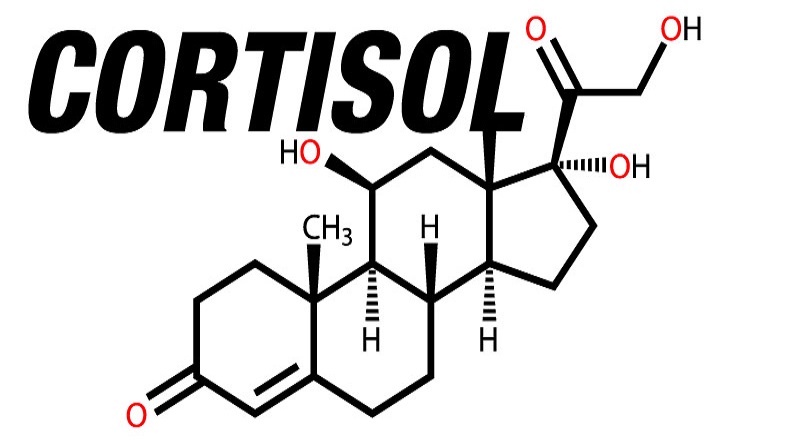Anatomy of a Freeze
When we are too stressed, the Dorsal Vagas nerve can shut down the entire system and we go into freeze. Like in trauma and shame, which is developmental trauma. The Ventral or front Vagus Nerve goes directly to the muscles of the face and helps determine expression and is active in social engagement. Dorsal and Ventral need to be in balance. Social engagement - or attachment behavior - is a way to prevent and come out of freeze.





